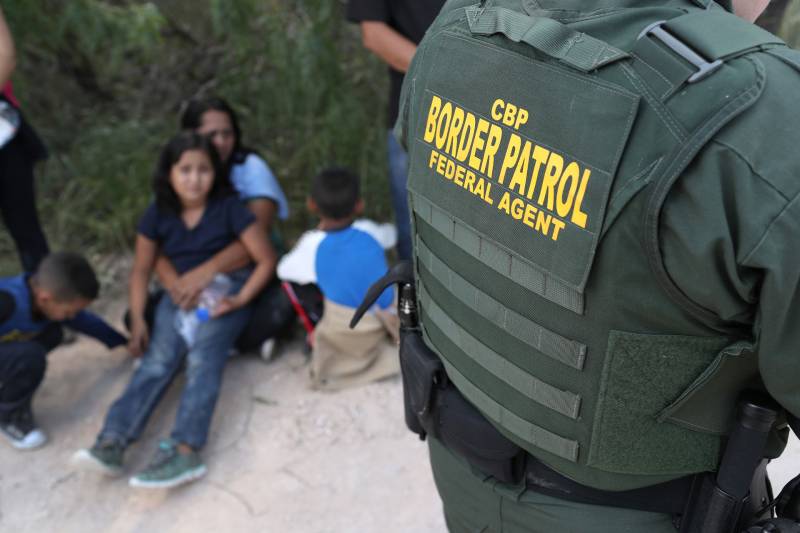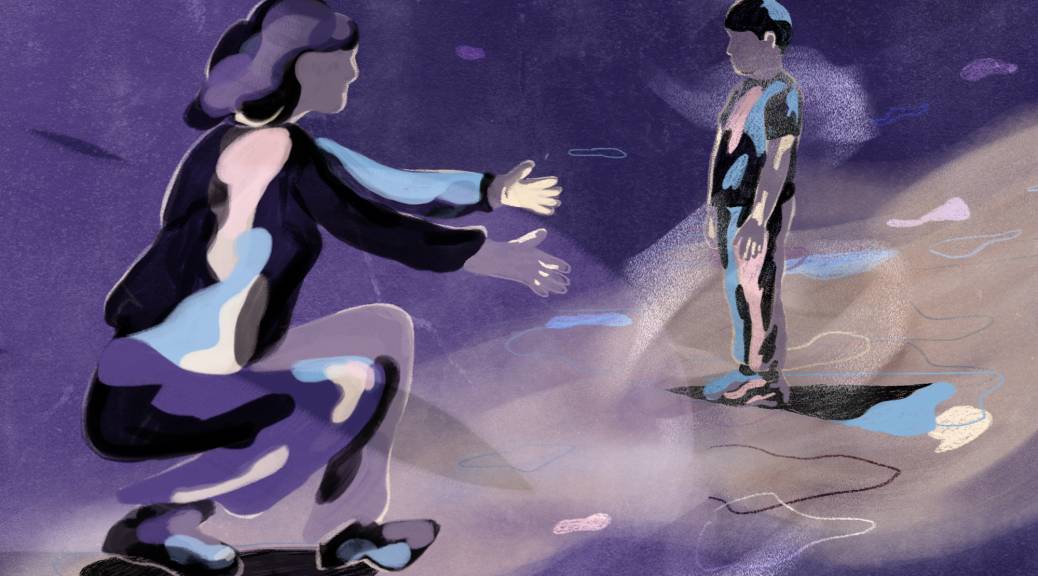A new paper, published on the website of the medical journal "Pediatrics" on Tuesday, calls the federal government's handling of migrant children at the border "consistent with torture" and recommends that pediatricians and child health care professionals take action.
"There's been a really active dialogue across the country with child health professionals about the difference between: 'Is this child abuse and neglect that's going on in detention centers and foster homes related to those detention centers, or is it torture?'" said Coleen Kivlahan, a family medicine doctor at UCSF and the co-chair of the UCSF Health and Human Rights Initiative who co-authored the paper.
The conclusion, according to the paper, is that the "treatment of children at the border constitutes cruel, inhuman, or degrading treatment that rises to the level of torture."
The United Nations Convention against Torture defines torture as follows:
Any act by which severe pain or suffering, whether physical or mental, is intentionally inflicted on a person for such purposes as obtaining from him or a third person information or a confession, punishing him for an act he or a third person has committed or is suspected of having committed, or intimidating or coercing him or a third person, or for any reason based on discrimination of any kind, when such pain or suffering is inflicted by or at the instigation of or with the consent or acquiescence of a public official or other person acting in an official capacity.
The paper argues that the government's treatment of migrant children falls under three criteria from this definition, as well as the Rome Statute of the International Criminal Court.


